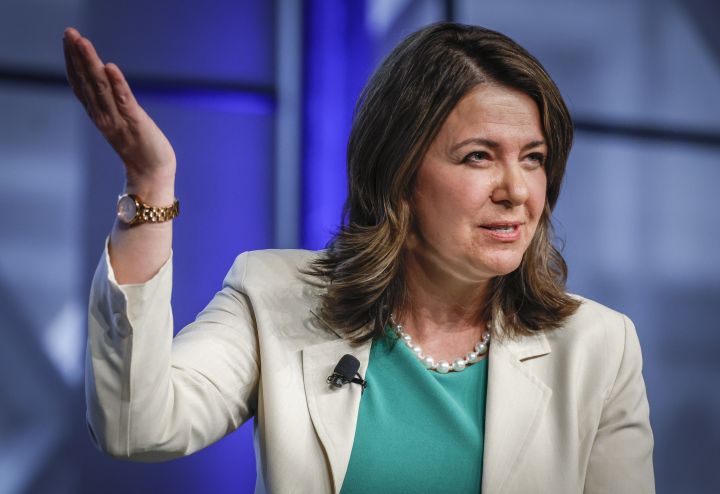Latest News
- Rainfall warnings in British Columbia's Fraser Valley; flood-hit area under pressure again from heavy rainfall
- Pressure mounts on Montreal emergency shelters as winter cold sets in
- Gun attack at Jewish festival on Sydney's Bondi Beach; at least 11 dead, dozens injured
- Four years after Indigenous woman dies in Niagara Hospital, family still waiting for coroner's investigation
- Lawyer: British Columbia RCMP officer should be fired or resign immediately
Latest Ads
-
Jasmine Jewel
Call
-
Omidan group
Call
-
Amir Madanpour
Call
-
Dimo studio
Call
-
Yorkacademy
Call
-
Maryambagheri
Call
-
Shishlix Restaurant
Call

Daniel Smith believes she has found an organization that will help improve the healthcare system(feminine)
In the pre-AHS times, continuing care, mental health, and hospital/acute care were all integrated within regions (with a specific agency for addictions treatment, for those who remember AADAC). In the new era that Premier Danielle Smith is ushering in, Alberta's monolithic superagency is broken into separate organizations by function.
"We believe that by creating specialized organizations within one provincial system, we will enable each organization to look after one area of health care only and avoid the scattered and uncoordinated approach of the more rigid centralized structure that exists now," the premier said at this week's announcement.
Alberta plans to dismantle the current patient-care model and create a new health delivery system.
Of course, one person's "scattered" and "rigid" is another person's seamless — just as the UCP premier's emphasis on focus sounds like a new bureaucratic mess to her NDP predecessor.
"This backward-looking UCP plan... will stuff patients and providers back into ineffective silos," NDP Leader Rachel Notley said. "Imagine a senior living in a continuing care facility who has to be taken to the hospital because of a mental health condition. Under this plan, that poor senior is being tossed between at least three different government agencies."
The New Democrats warn that this latest system shakeup will pave the way for health privatization, a warning they tend to give in most months with vowels in their names. While it should be stated that any change may open the door for more for-profit providers, it should also be stated that Smith and Health Minister Adriana LaGrange say that's not afoot in their plans, and their latest federal funding binds them further yet to the Canada Health Act provisions.
Reducing AHS to minor-player status
True as well: a government can surely overhaul health systems without bundling in privatization, just as a government can privatize without overhauling health systems.
While the premier has long shown past interest in private models and user pay, during the election and her premiership, she's shied away from those. But she hasn't much shied away from her animus toward AHS, which appeared to harden in the pandemic; consider that the mass ouster of the agency's board was one of this premier's first actions.
Smith's reforms not only strip AHS of the responsibility for everything except acute care and hospitals but also reduce AHS to being a minor player even within that subsector. One of its four pillar/silo/column organizations will oversee acute care, overseeing AHS as an equal alongside Catholic hospital manager Covenant Health and private surgical clinics — a reversal from present practice, in which Covenant and private firms were AHS' contractors. (Smith's team has developed the novel argument that AHS has a conflict of interest in the current system, which overlooks the fact that the former regional authorities also centrally coordinated a zone's care as not-for-profit public entities, without the public screaming governance blue murder).
Former Premier Ed Stelmach may have criticized AHS for having taken over much of the government's decision-making on budget, infrastructure, and policy in the years since he created the mega-organization 15 years ago. But he also was speaking at Smith's press conference as Covenant's chairperson, an organization that will be newly empowered under the UCP's plan.
Suggested Content
Latest Blog
Login first to rate.
Express your opinion
Login first to submit a comment.
No comments yet.


































